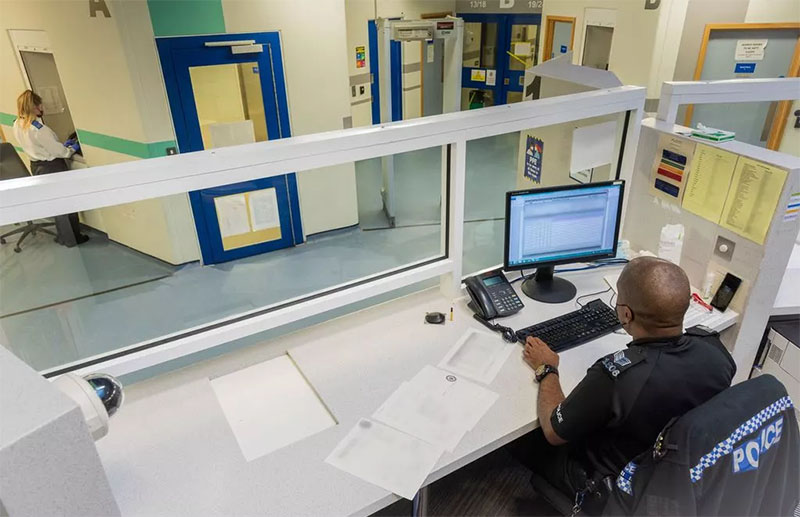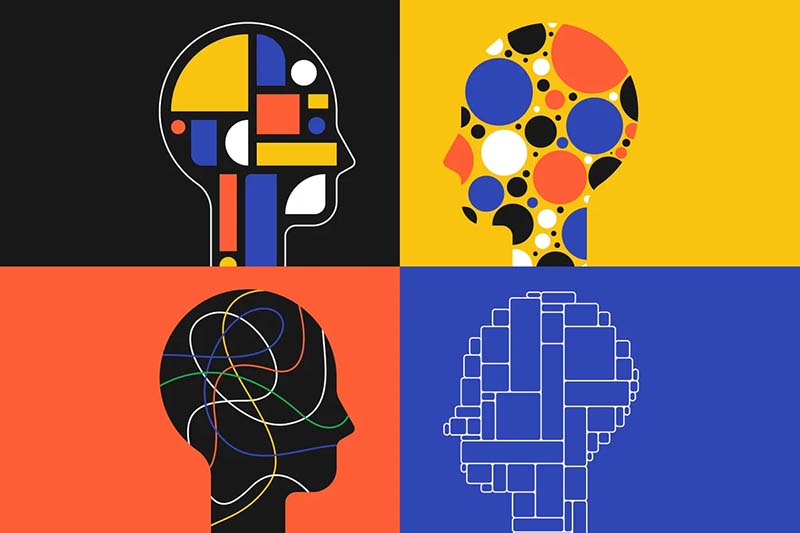Innovative schemes aim to provide support and prevent reoffending

Cumbria Constabulary has joined City of London Police in offering ADHD screening to detainees in custody.
The initiative was developed to help understand the link between crime and the condition, with an aim to prevent reoffending. Those screened are told if they are likely to have ADHD and, if so, are offered resources to find out more about the condition and pursue a diagnosis.
The initial pilot in Cumbria started in November 2024 at Workington police station, and was rolled out to the three other stations with custody suites in September.
The screening process has revealed common experiences such as struggling with school, holding down jobs and addiction issues – the latter being a typical reason for detainees falling foul of the law. It is estimated that 25% of the prison population have ADHD – a report by Criminal Justice Joint Inspection in 2021 suggested that at least 50% of prisoners had some form of neurodivergence, including conditions such as autism and dyslexia.
City of London Police were the first Force in the UK to screen custody detainees for undiagnosed ADHD, launching a pilot project in 2023. Screening is currently provided on request to persons brought into custody.
Click on the links to view news articles on the Cumbria Constabulary and City of London Police projects, and a detailed analysis of the Cumbria project published by the College of Policing. ∎



